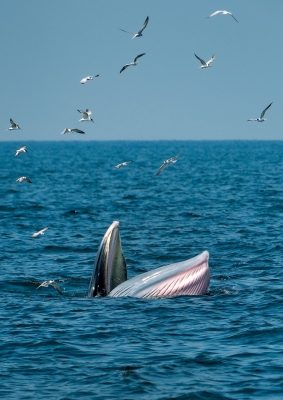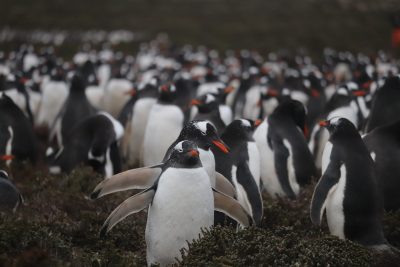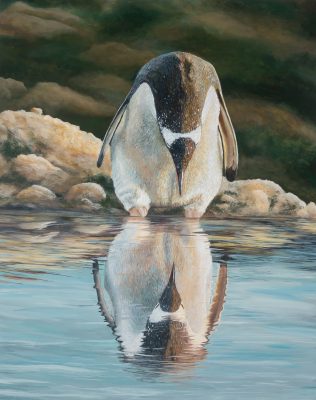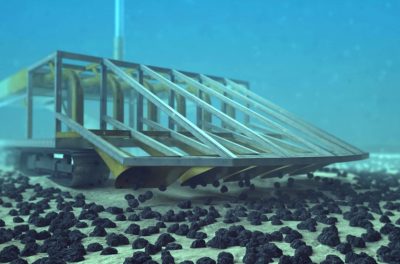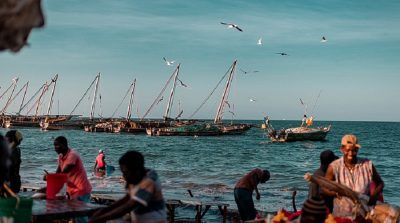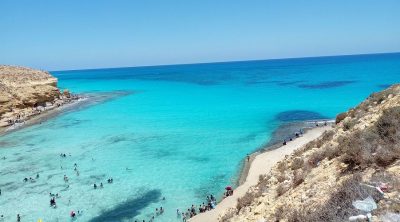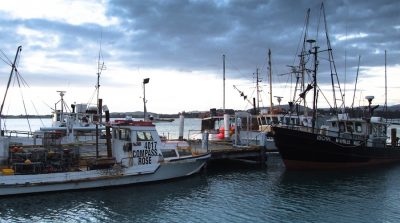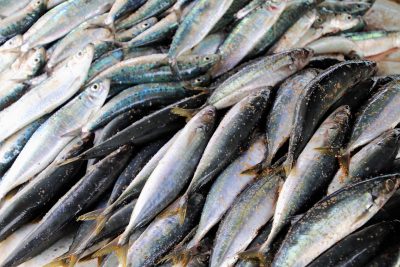Do a deep dive into… The Falkland Gentoo Penguins!
Discover the Falkland gentoo penguin and learn from experts at the Institute for the Oceans and Fisheries!
Diving, snacking, laying eggs! What do different hemoglobin levels mean for gentoo penguins?
Gentoo penguins have to food forage before laying eggs. The amount of hemoglobin in their blood may increase diving capacities. Increased diving may mean more tiny penguin chicks.
“Who stands to benefit?” To engage in deep-sea mining or not. Not, say international scientists
While advocates of deep-sea mining say that the investment is needed to provide the metals needed for a carbon neutral economy, opponents point to the irreparable damage that it would have on the environment.
AI-powered data-limited stock assessment method more accurate than ‘gold standard’ in predicting sustainable fisheries catches
A recent update introduced to the CMSY methodology used to assess the status of fish stocks has proven to more accurately predict the catch that a population can support than highly-valued data-intensive models.
Dr. Rashid Sumaila participated in World Food Day event, October 16, 2023
Dr. Rashid Sumaila was a panelist as part of the “World Food Day 2023: Water is Life. Water is Food. Leave no one behind” event on October 16, 2023
Egyptian Mediterranean fisheries in urgent need of better management
Egyptian fisheries need to be better managed to secure the overall health of the Mediterranean Sea’s marine living resources, new research has found.
Overfishing and climate change impacts on New Zealand’s fish populations were hidden – until now
An international team of researchers shows that, despite ocean water temperature around the island country modestly increasing by 0.04°C per decade from 1950–2019, the presence of warmer-climate species is a clear indicator of the impacts of climate change on marine life.
Climate change will have an adverse impact on trophic amplification in marine food webs
Climate-driven changes in ocean environmental conditions — ocean warming, deoxygenation and acidification — are projected to affect the physiological functions of marine organisms, their geographic distributions, biological life cycles and total biomass.
